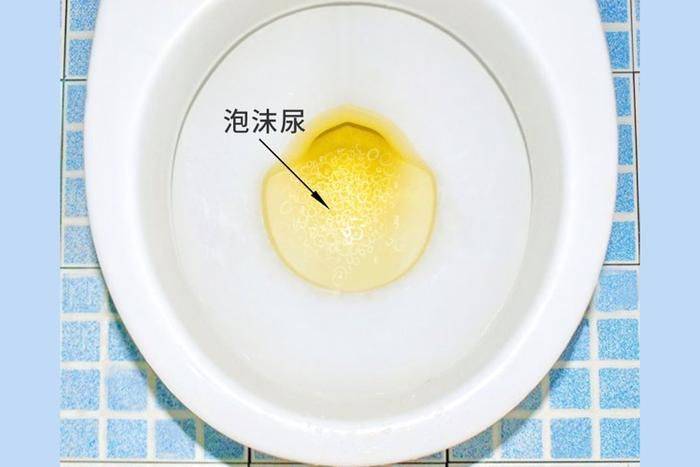In daily life, many male friends notice foamy urine when urinating, which inevitably raises concerns about whether their kidneys have problems. So, does having a lot of foam in the urine really mean kidney issues? Today, we will delve into this topic to clear up the confusion.
There are various causes of foamy urine
First, it is important to clarify that having foamy urine does not necessarily indicate impaired kidney function. The formation of foam in urine can be caused by various factors, which may be physiological or pathological.
Physiological factors: For instance, insufficient water intake leading to concentrated urine, high force during urination, or the presence of certain secretions in the urine can all produce foam. Furthermore, if a large amount of beer or other sugary drinks was consumed prior to testing, foamy urine may occur even if kidney function is normal. These situations usually do not warrant concern and can be improved by adjusting lifestyle habits.
Pathological factors: When a significant amount of foam persists in the urine, it is necessary to be cautious about potential renal or other urinary system diseases. For example, conditions such as glomerulonephritis, pyelonephritis, and diabetic nephropathy may lead to increased protein levels in the urine, resulting in foamy urine. Additionally, urinary tract infections and liver damage can also cause similar symptoms.
How to determine if foamy urine is caused by kidney disease?
To accurately determine whether foamy urine is caused by kidney disease, a comprehensive assessment combining multiple tests is required.
Urinalysis: This is the most basic testing method, which can initially determine the presence of abnormal components in the urine, such as proteins, red blood cells, etc.
24-hour urine protein quantitative test: By collecting urine over a 24-hour period to measure protein levels, it helps assess whether the kidneys are damaged and the extent of such damage.
Kidney function tests: Including serum creatinine and blood urea nitrogen levels, which reflect the filtering and excretion functions of the kidneys.
Other manifestations of kidney issues
Aside from foamy urine, impaired kidney function may also present with anemia, edema, nausea, vomiting, decreased appetite, poor sleep quality, fatigue, frequent urination, urgency, painful urination, oliguria or polyuria, difficulty urinating, lower back pain, dizziness, tinnitus, memory loss, cold intolerance, constipation, sexual dysfunction, among various symptoms. Therefore, judging kidney health solely based on the symptom of foamy urine is not accurate.
For those experiencing foamy urine, suggested recommendations from Gu Medical Hall for male wellness are as follows:
Maintain adequate hydration: Ensure sufficient fluid intake daily to help dilute urine and reduce foam formation.
Adjust dietary structure: Avoid excessive intake of high-sugar and high-fat foods, and maintain a low-salt, low-protein diet, especially focusing on the intake of quality proteins.
Regular health check-ups: Conduct routine urinalysis and kidney function tests to detect and address potential health issues promptly.
Enhance immunity: Strengthening the immune system through appropriate exercise and ensuring adequate sleep can prevent urinary system infections and other related conditions.
In summary, having foamy urine does not necessarily mean kidney issues, but it should not be taken lightly either. Through scientific testing and proper management, we can better protect our kidney health.


